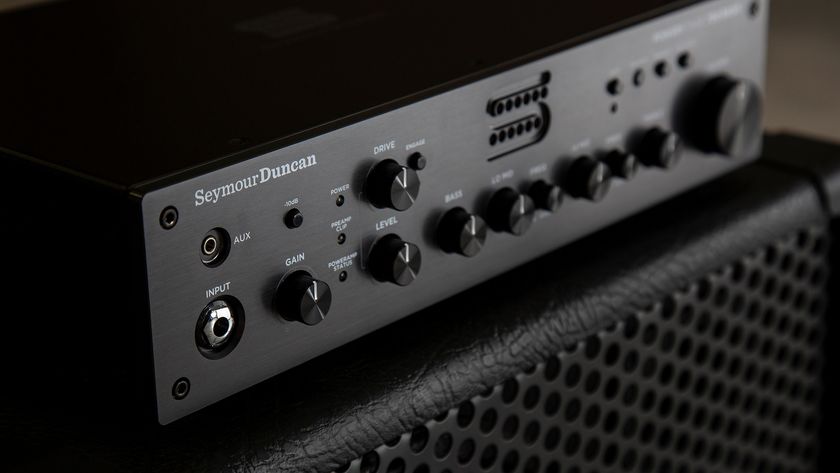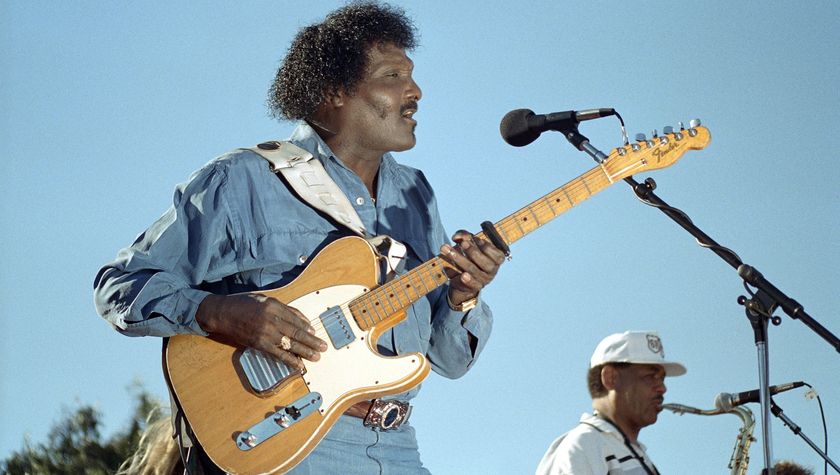Ozarks Singer Songwriter Lyal Strickland's to Release 'Balanced on Barbed Wire' out February 17
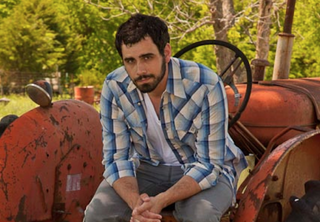
“My whole fiber is this town,” Ozarks songwriter Lyal Strickland reflects, surveying the landscape from the porch of what once was his great-grandparents’ home. “This land runs through me.”
Strickland’s new album, Balanced on Barbed Wire, available February 17th, is a gripping, cinematic dispatch from small-town America – a series of stories in song where desperation is met with relentless determination.
Strickland draws ample inspiration from the die-hard mentality embodied in the hard-scrabble, hard-working people eking out a living in his hometown of Buffalo, Missouri (population 3,000 at last count) and his own experience of single-handedly taking over his family’s struggling cattle farm six years ago. Lyal will take to the road to support the new album (tour dates below).
Lyal calls his music “first-person folk.” The Kansas City Star simply called it “astounding…the narrators of his gorgeous folk-rock songs worry about their crops, wonder what passes through the mind of cattle and fret about the impact of encroaching urban sprawl.”
Having written songs and performed as solo artist since his high school days, Strickland’s acoustic guitar and soulful, weather-beaten vocals form the sonic core of Balanced on Barbed Wire. From there, Strickland and co-producer Jeff Smith proceed carefully, adding burnished drums, heartbeat bass, and shimmering touches of fiddle, banjo, mandolin, and electric guitar.
Supporting musicians include Ozark Mountain Daredevils founders Steve Cash and John Dillon, along with current guitarist David Painter; Mark Cassidy of Missouri bluegrass sensations The Hillbenders; and the late Lou Whitney, a renowned producer in his own right and member of influential roots outfits The Morells and The Skeletons.
“People always tell you to write what you know,” he continues. “And when I got back on the farm, I remember, pretty early on, an old buddy of mine came by. He’d been digging wells all day and was caked in dirt. We cracked a couple of PBRs and started talking about music. He said to me, ‘Man, you need to tell this story. Write about Buffalo.’ That hit me pretty hard.”
Get The Pick Newsletter
All the latest guitar news, interviews, lessons, reviews, deals and more, direct to your inbox!
Consequently, telling details of small-town life – of love, loss, and labor – are woven into the fabric of Balanced on Barbed Wire in songs like rousing, defiant “Not for Me,” the sympathetic and comforting “Knocking Down Doors,” and the profoundly moving “Some People Change.”
- Lyal Strickland On Tour
- 1/15/15 St. Louis MO Evangeline’s
- 1/21/15 Bloomington IN Player’s Pub
- 1/23/15 Downers Grove IL Two Way Street
- 1/24/15 Goshen IN New Paradigm
- 1/29/15 Cleveland OH Barking Spider
- 2/6/15 Kansas City MO Knucklehead’s
- 2/17/15 Kansas City MO Tank Room
- Feb 18-21 Kansas City MO Folk Alliance
- 2/26/15 Dallas TX Opening Bell
For more information visit lyalstrickland.com
Acoustic Nation is written by Laura B. Whitmore, a music industry marketing veteran, music journalist and editor, who has contributed to Parade.com, Guitar World, and others. She has interviewed hundreds of musicians and hosts the She Rocks Podcast. As the founder of the Women’s International Music Network, she advocates for women in the music industry and produces the annual She Rocks Awards. She is the Senior Vice President of Marketing for Positive Grid, making the world safe for guitar exploration everywhere! A guitarist and singer/songwriter, Laura is currently co-writing an album of pop songs that empower and energize girls.


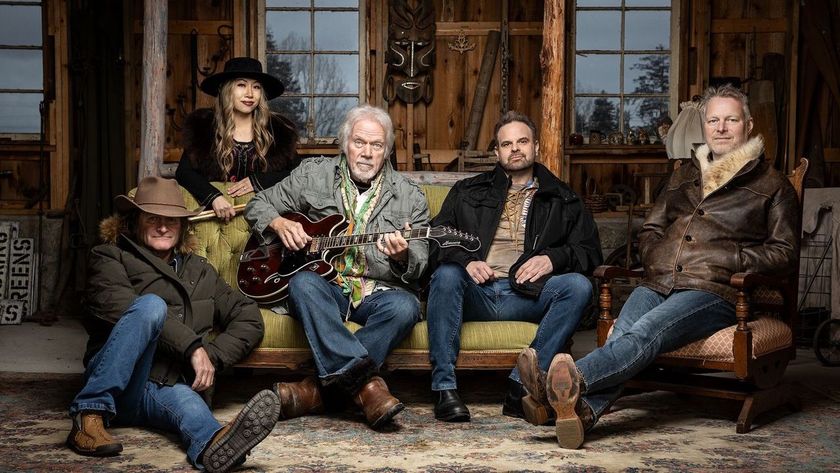



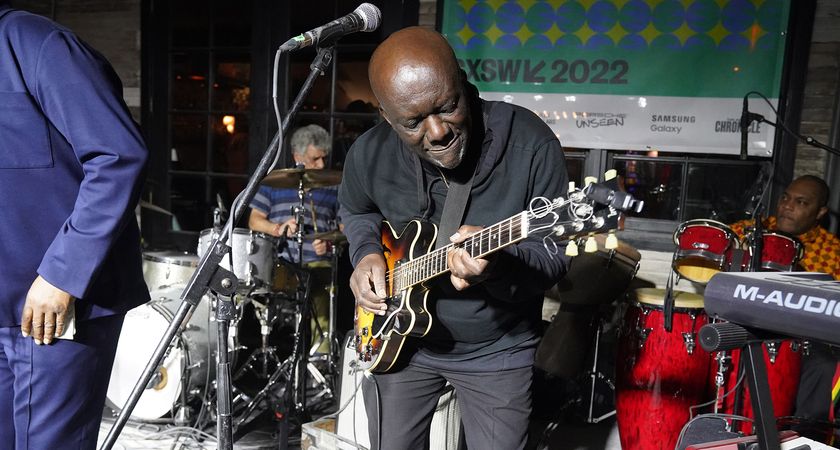
![[L-R] George Harrison, Aashish Khan and John Barham collaborate in the studio](https://cdn.mos.cms.futurecdn.net/VANJajEM56nLiJATg4P5Po-840-80.jpg)
